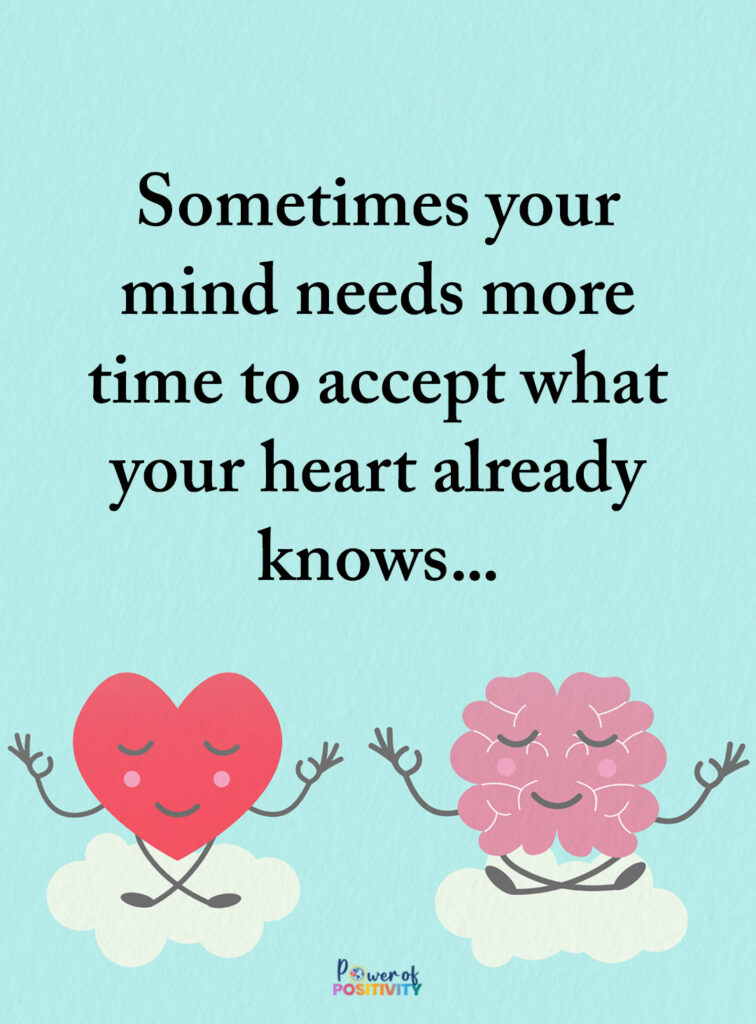Many people think to live a better life means having more money, a higher status, or being happy all the time. But the truth is, those things alone don’t guarantee a life that feels full or rewarding. A better life has more to do with balance, purpose, and steady growth. It’s about having health you can count on, relationships that lift you up, and goals that matter beyond the day-to-day.
Even small habits, like being grateful or staying connected, can shape how life feels overall. What follows is a closer look at what “better” really means—drawing on ideas from philosophy, psychology, and practical habits you can use right now to build a life that feels truly worth living.
Defining a Better Life in Simple Terms
Simply put, a better life means your actions, values, and goals line up. You say what matters, you plan around it, and you act on it. When those three match, choices feel lighter and progress feels real. People often chase money or status and still feel empty. Alignment fixes that gap and helps you live a better life on your own terms.
What it usually includes
- Health: steady energy, clear mind, and basic fitness.
- Purpose: reasons that make effort feel worth it.
- Relationships: people who support, challenge, and care.
- Freedom: room to choose, speak up, and set boundaries.
One more point
- No single formula works for everyone. Culture, family, and personal history shape what “better” means. What fills one person may not fit another. The goal is a life you can stand behind, not a checklist that pleases others.
Lessons From Philosophy on Living Well
From old thinkers to today, the message stays simple: a good life isn’t only comfort; it’s depth, duty, and growth that help you live a better life with a steady core.
Socrates: The Examined Life
- Look inward: Regular reflection makes choices clearer.
- Skip autopilot: Moving through life without values leaves a hollow feeling.
Aristotle: Eudaimonia (Human Flourishing)
- Build character: Practice honesty, courage, and fairness in small, daily ways.
- Add purpose: Aim your effort at something bigger than short-term pleasure.
- Mind conditions: Fair laws, safe neighborhoods, and good work support virtue.
Kant: Reason and Freedom
- Choose freely: Real freedom is choosing the right thing, not just what feels easy.
- Act by a rule you’d share: If the rule can’t work for everyone, it’s not a good rule.
- Link virtue to duty: Responsibility protects your dignity and others’ dignity too.
Modern takeaway
- Comfort alone isn’t enough.
- Clarity beats noise: Know your principles before pressure hits.
- Responsibility matures joy: Doing what’s right builds trust, pride, and long-term peace.
Try this quick check
- What value mattered most to you this week?
- Which choice honored it?
- Which habit undercut it?
- What tiny change will fix that tomorrow?
Psychology’s View on a Better Life
Psychology keeps it practical: use what works, drop what doesn’t, and build habits that help you live a better life step by step.
Positive Psychology & Strengths (PERMA)
- Positive emotion: moments of calm, gratitude, or joy.
- Engagement: lose track of time in meaningful tasks (flow).
- Relationships: reliable, caring bonds.
- Meaning: service to people or causes beyond self.
- Accomplishment: goals you finish and feel proud of.
- Use your strengths daily: turn natural talents into routines.
Set-Point & Adaptation
- Mood bounces back: we tend to return to a baseline after good or bad events.
- Habits still matter: gratitude, exercise, and kindness can nudge the baseline upward.
Life Satisfaction Theory
- Bottom-up: doing well in valued areas (family, work, health) lifts overall life ratings.
- Top-down: traits like optimism shape how life feels, even with the same facts.
- Best mix: build skills and supports outside, and train your mindset inside.
Simple weekly habits
- Name 3 good things before bed.
- Schedule one strength use at work and at home.
- Send one thanks message to someone who helped you.
Assessing Your Own Quality of Life
Quality of life covers more than income. It includes your health, safety, freedom to choose, sense of joy, and the fit between who you are and how you spend your days. A quick self-scan helps you live a better life with fewer blind spots.
Check these areas (score 1–10)
- Body & mind: sleep, movement, mood.
- Relationships: trust, support, honest talk.
- Purpose & work: meaning, progress, skills.
- Money & safety: basic needs, debt stress, buffer.
- Time & freedom: control over day, boundaries, rest.
- Joy & play: fun, creativity, small adventures.
Two tools to try
- Personal scorecard: track 3–5 areas weekly; adjust one habit at a time.
- Better Life questions:
- What gave energy?
- What drained it?
- What small swap would raise next week’s score by one point?
Focus on the present
- Aim to balance this week, not chase a perfect future. Small wins add up.
What Truly Shapes a Better Life
Five pillars explain what moves the needle: build here first, then add extras later.
- Health & Energy
- Habits: regular sleep, daily steps, simple meals, stress breaks.
- Why it matters: low energy makes every goal harder.
- Purpose & Meaning
- Habits: name your “why,” set one purpose-linked task each day.
- Why it matters: purpose keeps effort steady when things get tough.
- Relationships
- Habits: weekly check-ins, real listening, honest repair after conflict.
- Why it matters: strong bonds protect mental health and boost resilience.
- Growth & Learning
- Habits: one new skill per quarter, a 20-minute learning block daily.
- Why it matters: progress prevents burnout and opens options.
- Freedom & Autonomy
- Habits: say “no” when needed, design simple rules for your time.
- Why it matters: choice makes life feel like yours, not a script.
Small rule that helps
- If a habit helps two pillars at once (e.g., evening walk = health + relationships), keep it. If it helps none, replace it.
How to Start Living a Better Life Today
Getting started doesn’t need huge changes. Use quick moves that stack up and help you live a better life without burning out.
Clarify Your Values
- Pick 3 words (e.g., Family, Health, Service).
- Match one action to each word today (call mom, cook a simple meal, help a neighbor).
Identify Key Life Domains
- List five areas: self-care, relationships, work, money, service.
- Circle two priorities for this season; park the rest for later.
Use Your Strengths
- Name top two strengths (e.g., kindness, problem-solving).
- Plug them into chores: kindness in team check-ins; problem-solving in budget planning.
Set Meaningful Goals
- Make them small and clear:
- “Walk 20 minutes after lunch, 5 days a week.”
- “Read 10 pages before bed.”
- Tie to your why: “I walk for steady energy with my kids.”
- Track visibly: calendar boxes, habit app, or paper chart.
Build High-Quality Relationships
- Protect a weekly slot for one key person.
- Use the 3-part repair: “Here’s what I did, here’s how it landed, here’s my fix.”
- Mind your feed: less doom-scrolling, more real chats.
Seven quick starters
- Put phone in another room at dinner.
- Prep simple breakfasts for weekdays.
- Plan one low-cost joy for Saturday.
- Walk during one call a day.
- Send a voice note of thanks.
- Choose a bedtime and keep it.
- Set one do-not-disturb block for focus.
Everyday Practices That Support a Better Life
Daily practices act like anchors: small, steady steps that hold the day in place.
- Gratitude in Action
- Habit: write three real wins (even tiny ones) each night.
- Benefit: attention shifts from “what’s missing” to “what’s working.”
- Mindfulness & Presence
- Habit: one-minute breathing before tough tasks.
- Benefit: calmer starts, fewer snap reactions.
- Acts of Kindness
- Habit: help once a day—open a door, share a tip, check on a friend.
- Benefit: service lifts mood and trust on both sides.
- Balance With Technology
- Habit: two app-free hours (meals + last hour before bed).
- Benefit: more focus, better sleep, richer talks.
- Rest & Renewal
- Habit: bedtime window, short stretch, and one true pause mid-shift.
- Benefit: energy returns; effort feels easier.
Weekly rhythm ideas
- Move: three 20-minute walks.
- Connect: one face-to-face coffee.
- Learn: one podcast or chapter.
- Plan: 15-minute Sunday reset (meals, money glance, top 3 tasks).
Common Misconceptions About Living Better
Some ideas hold people back.
- Myth 1: “It’s all money or status.” Comfort helps, but alignment and relationships matter more.
- Myth 2: “Happiness should be nonstop.” Normal life has ups and downs; sturdy habits smooth the ride.
- Myth 3: “Everyone’s better life looks the same.” Background, values, and stage of life change the target.
What to remember
- Personal and multi-layered: health, purpose, bonds, growth, and choice work together.
- Better is built, not bought: daily actions compound over time.
A Take-Home Message
One clear note to end on: align what you believe with what you do and who you spend time with. That simple match lifts energy, sharpens focus, and helps you live a better life without chasing trends. Progress beats perfection, balance beats burnout, and small steady habits beat grand fixes. Pick one pillar, choose one tiny habit, and practice it this week. Next week, keep it and add one more. Over months, these basics turn into a life you trust—on ordinary days and on hard ones too.















